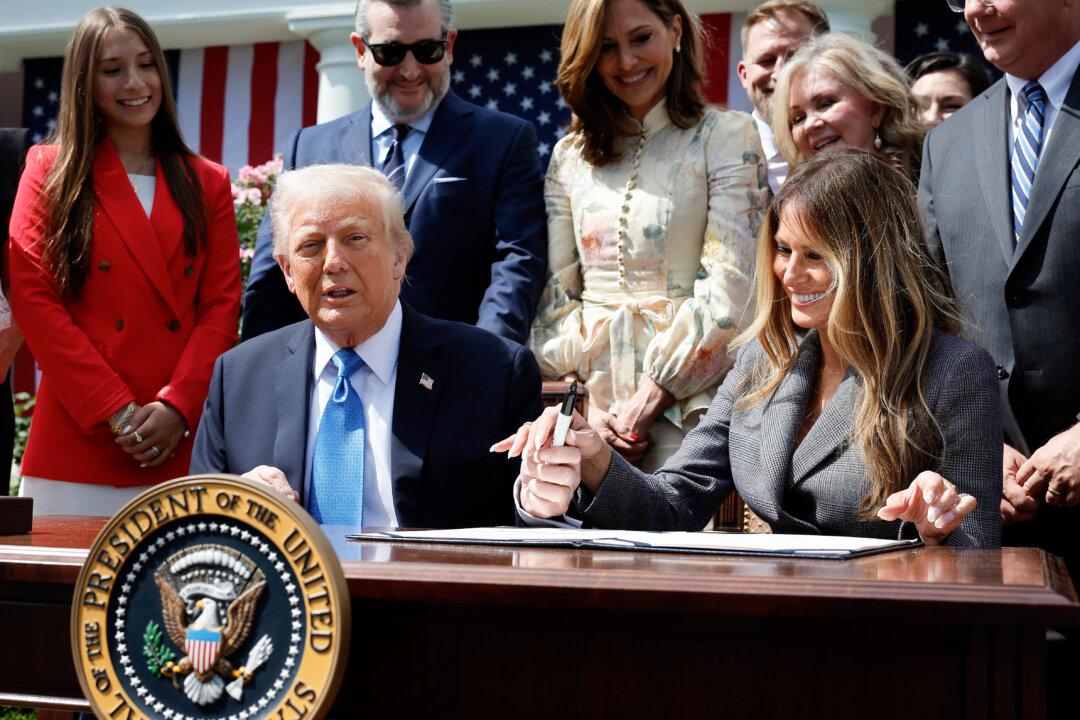President Donald Trump signed the “Take It Down Act“ into law on May 19, criminalizing the publication of nonconsensual intimate imagery. The legislation puts a 48-hour timer on online platforms to remove explicit content at the request of the individuals featured.
Take It Down is an acronym for Tools to Address Known Exploitation by Immobilizing Technological Deepfakes on Websites and Networks, and is an attempt to mitigate the spread of nonconsensual imagery and deepfake content generated with artificial intelligence (AI).





